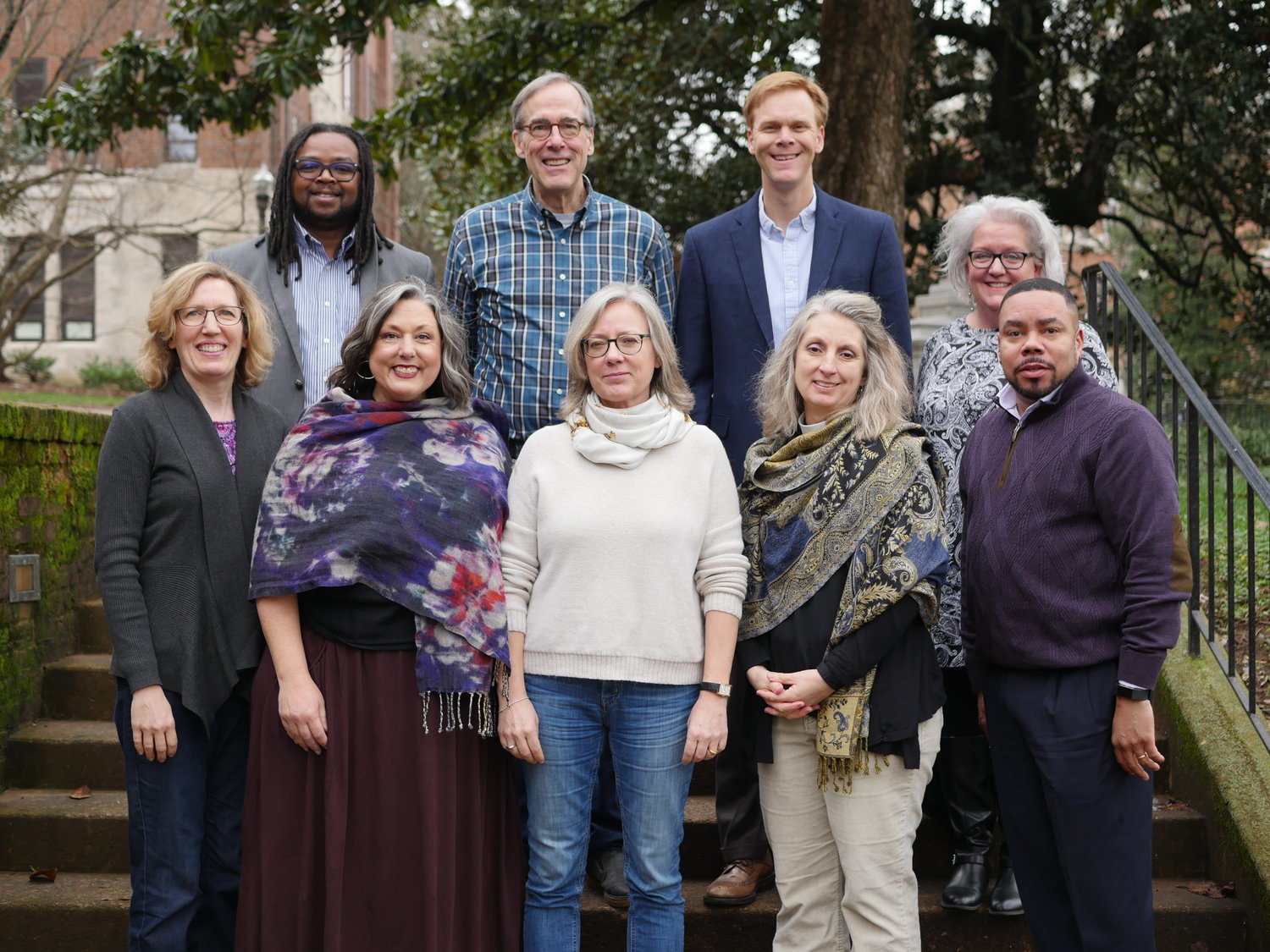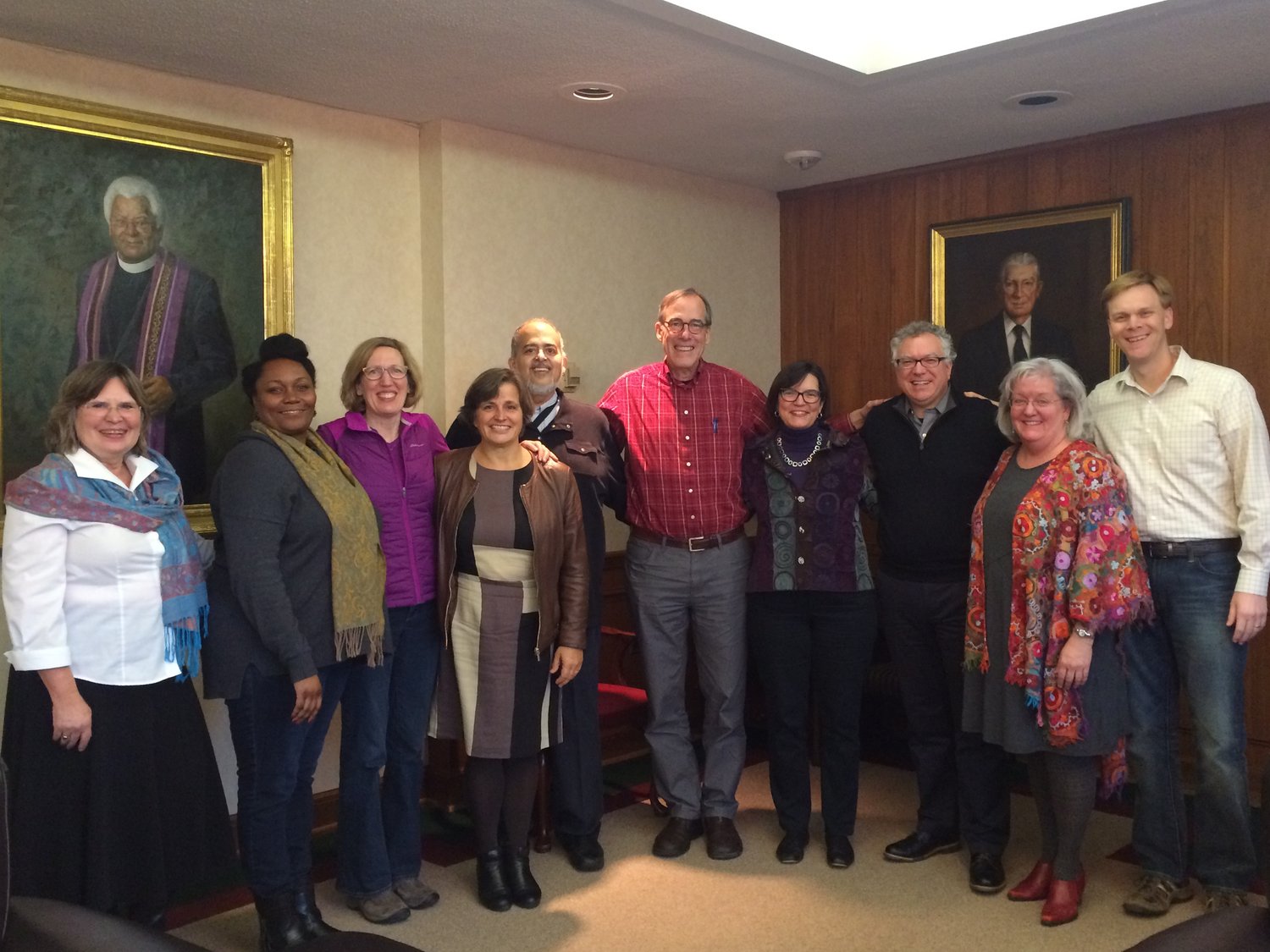
Program History
The David G. Buttrick Certificate Program in Homiletic Peer Coaching, was funded by the Lilly Endowment, and was designed to train and certify preaching coaches in order to improve the quality of preaching. The program was named to honor former Vanderbilt preaching professor David G. Buttrick. The program trained and certified peer-group coaches to initiate and successfully lead peer-groups for preachers and to individually coach preachers. Vanderbilt Faculty continue to creatively support this work in our curriculum and public initiatives. Continue to follow our Homiletics and Liturgics core Faculty for updates.
We've gathered our learnings into a single volume to support peer coaches on the ground: Learning Together to Preach How to Become an Effective Preaching Coach.
Our Certified Peer Coaches
-
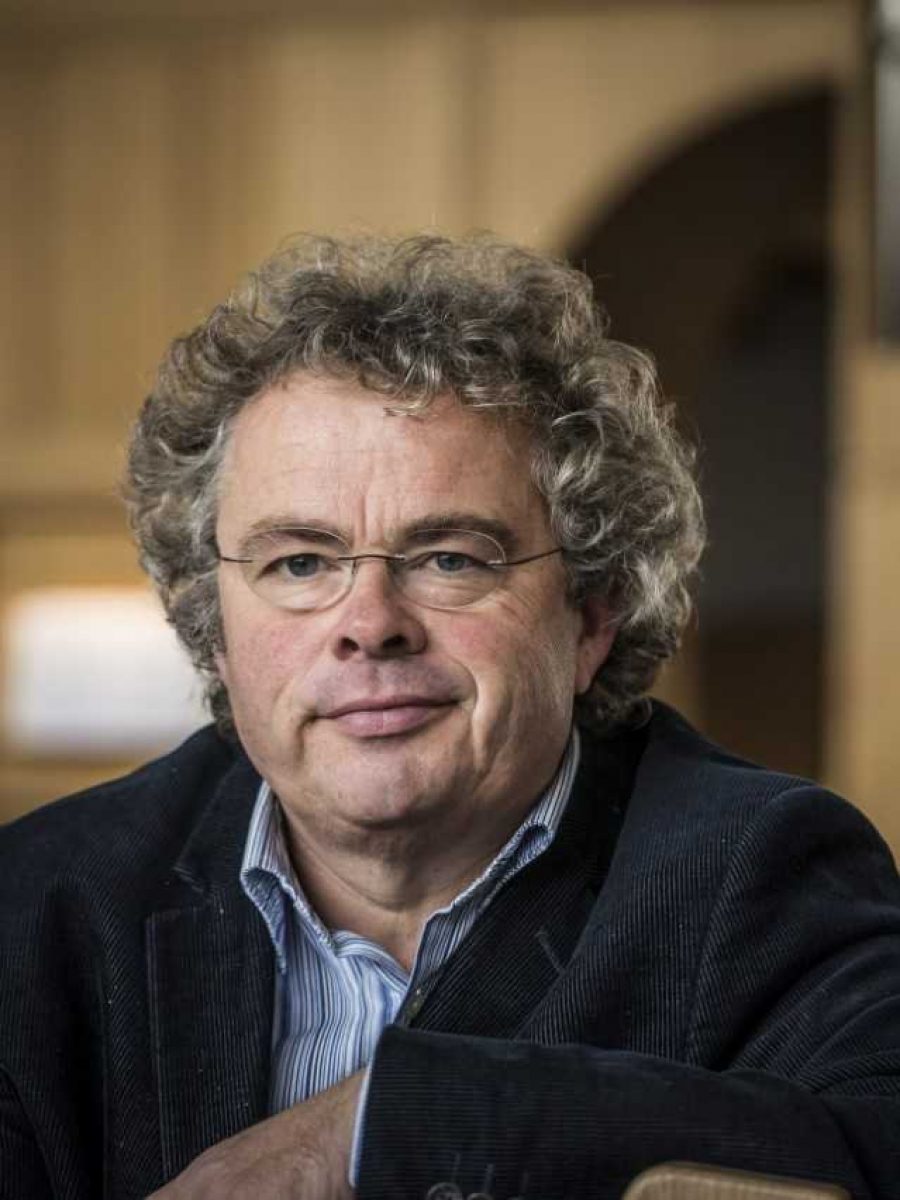
Arne Maarup
-
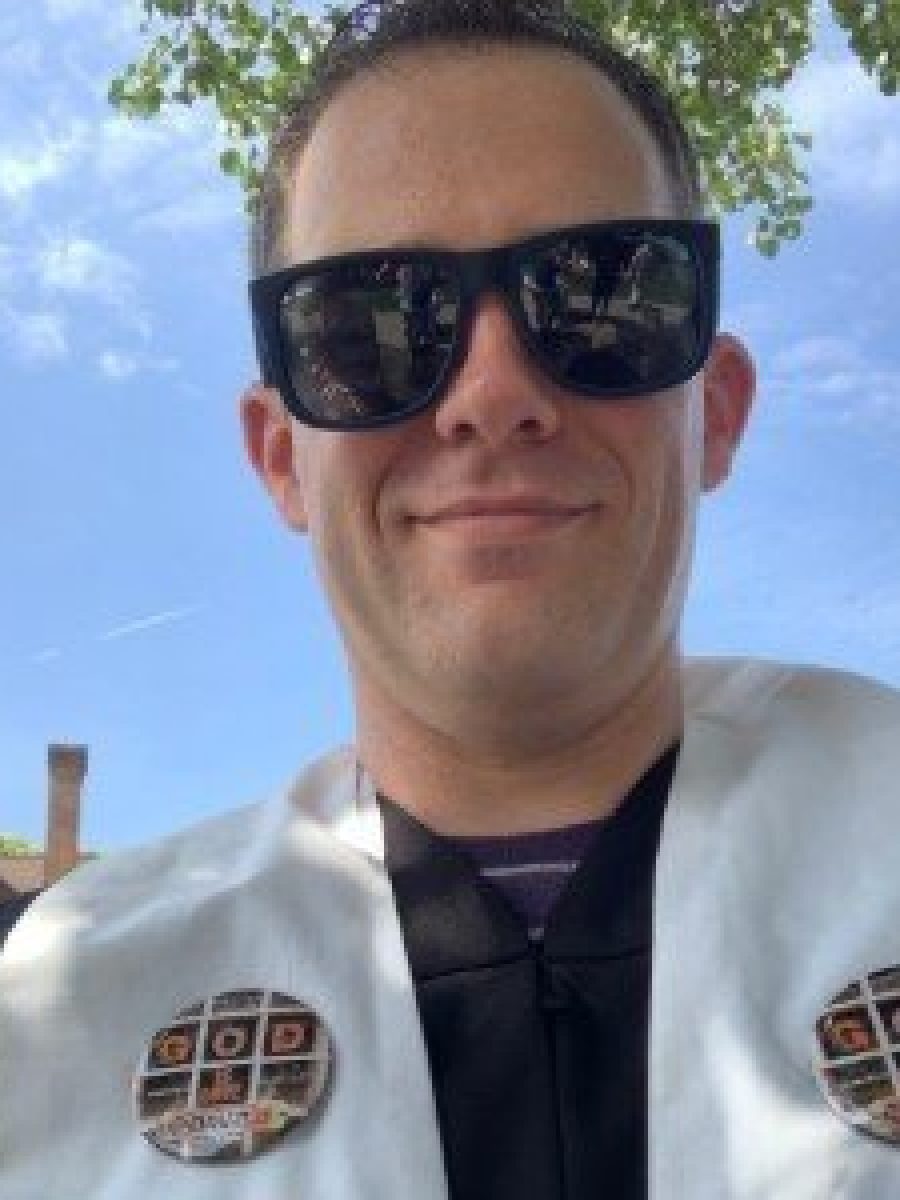
Rev. Brent Bowden
-
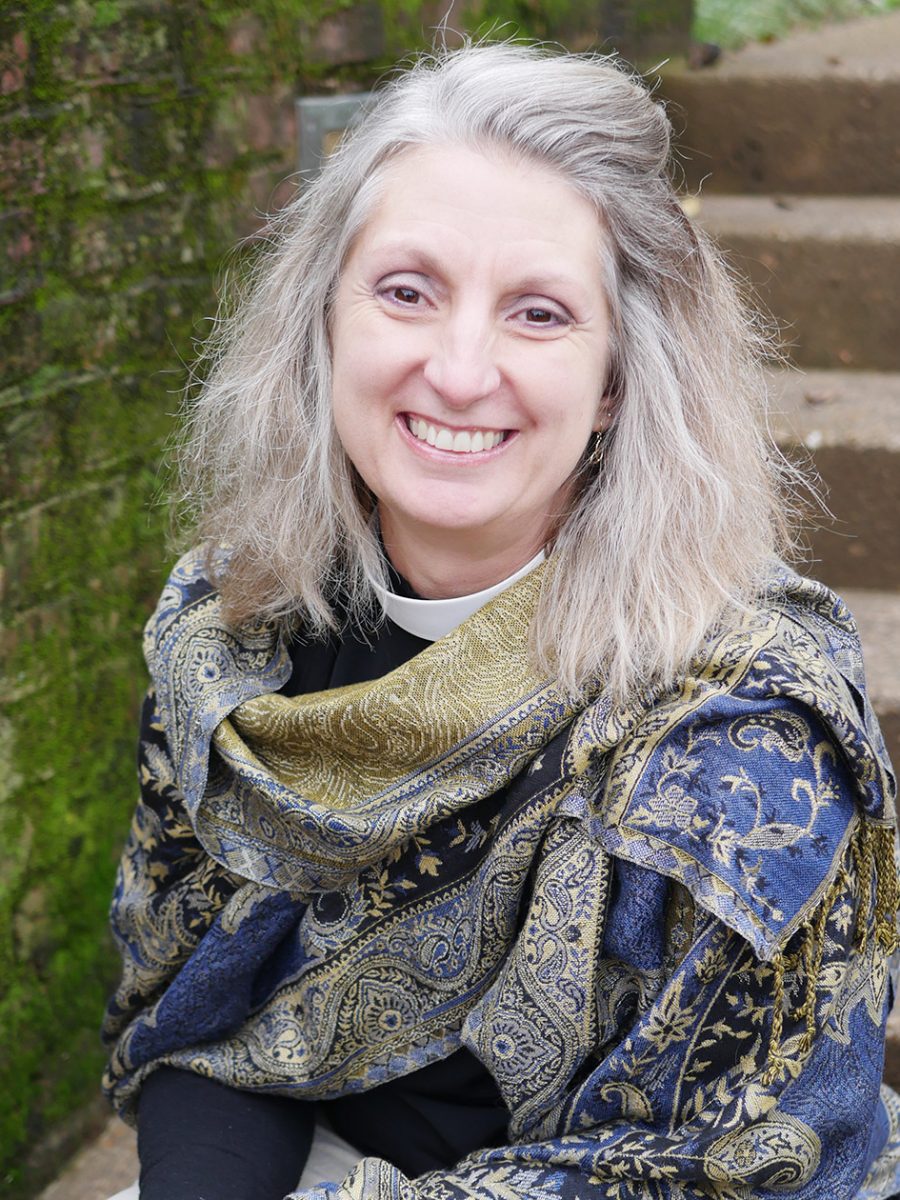
Carolyn Coleman
-

Heather Kirk-Davidoff
-

Janiece R Williams
-
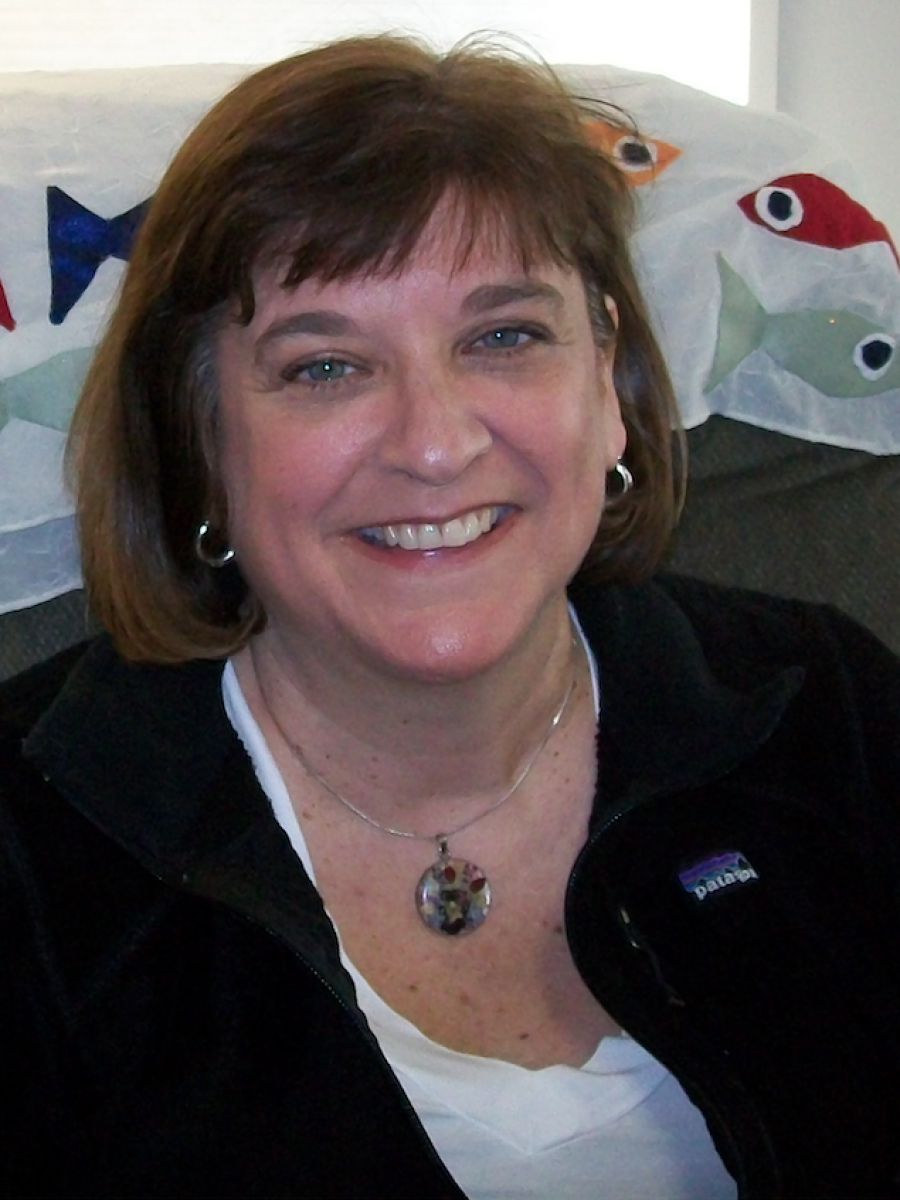
Jeanne Davies, M.Div.
-
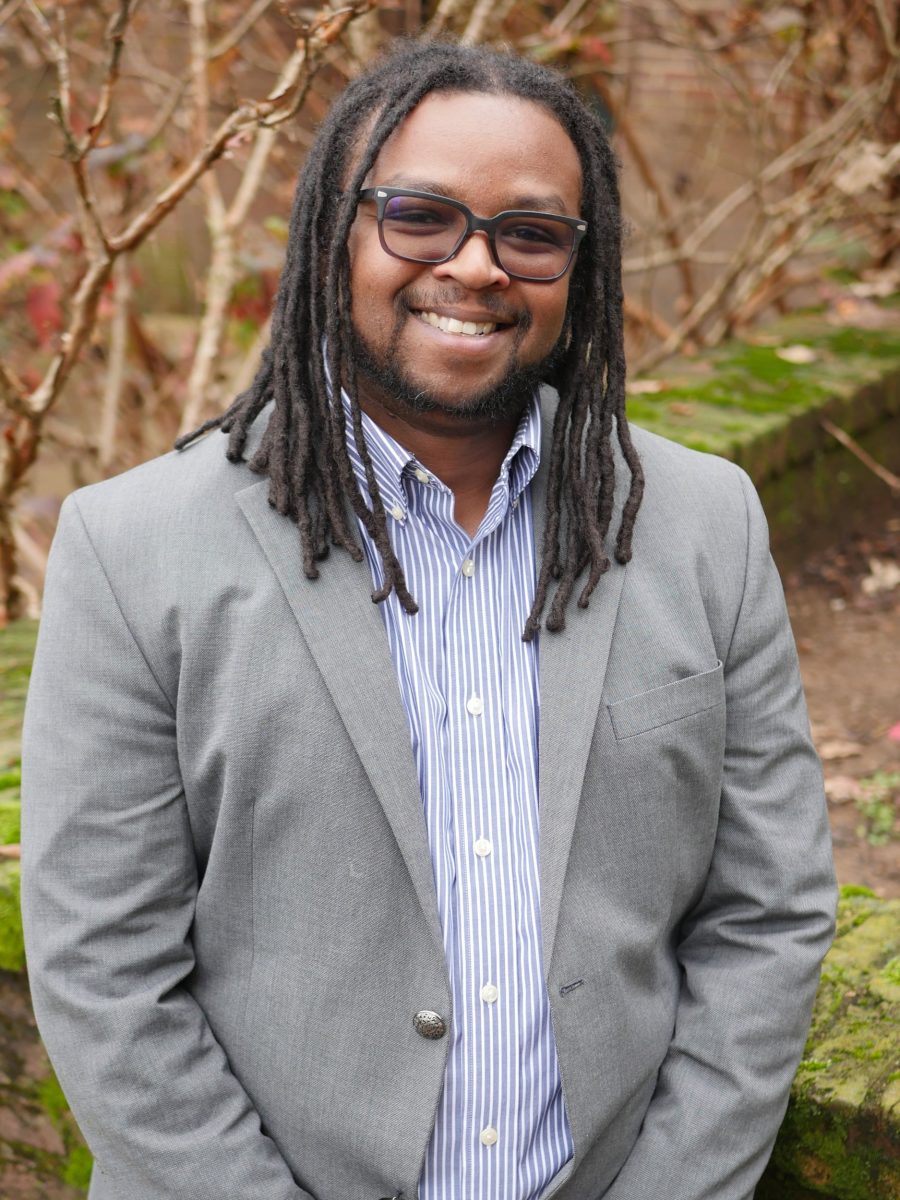
Jefferson M. Furtado
-
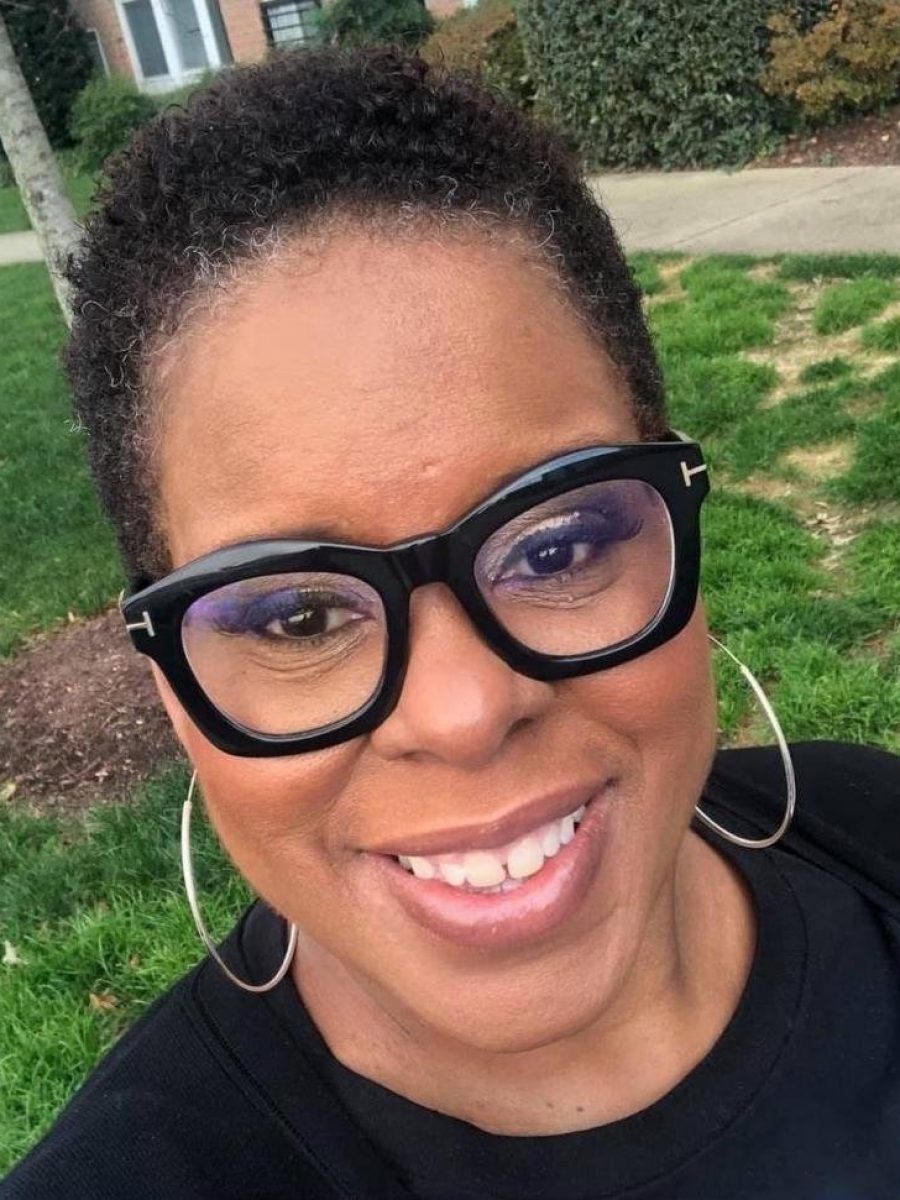
Rev. Dr Joy Challenger Slaughter
-
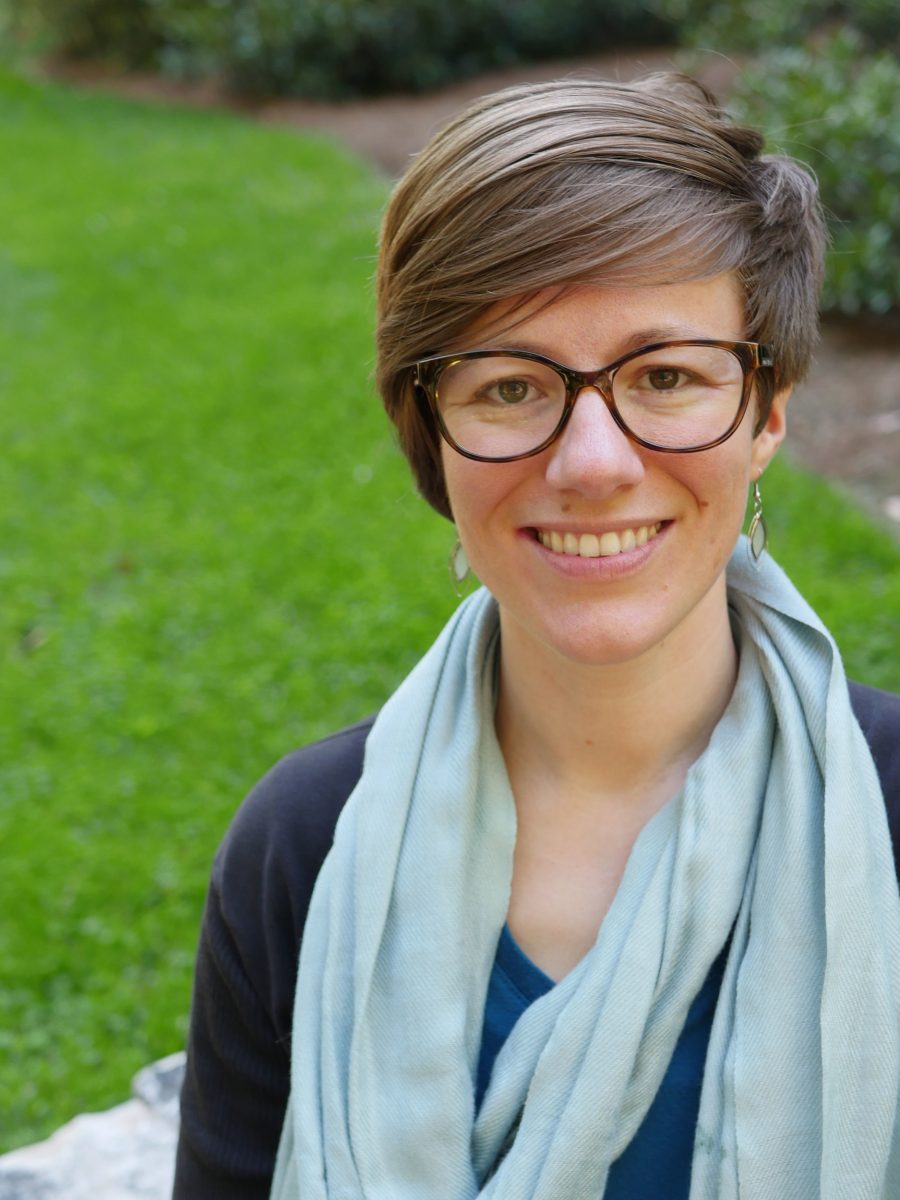
Katie Shaw Thompson, M.Div.
-
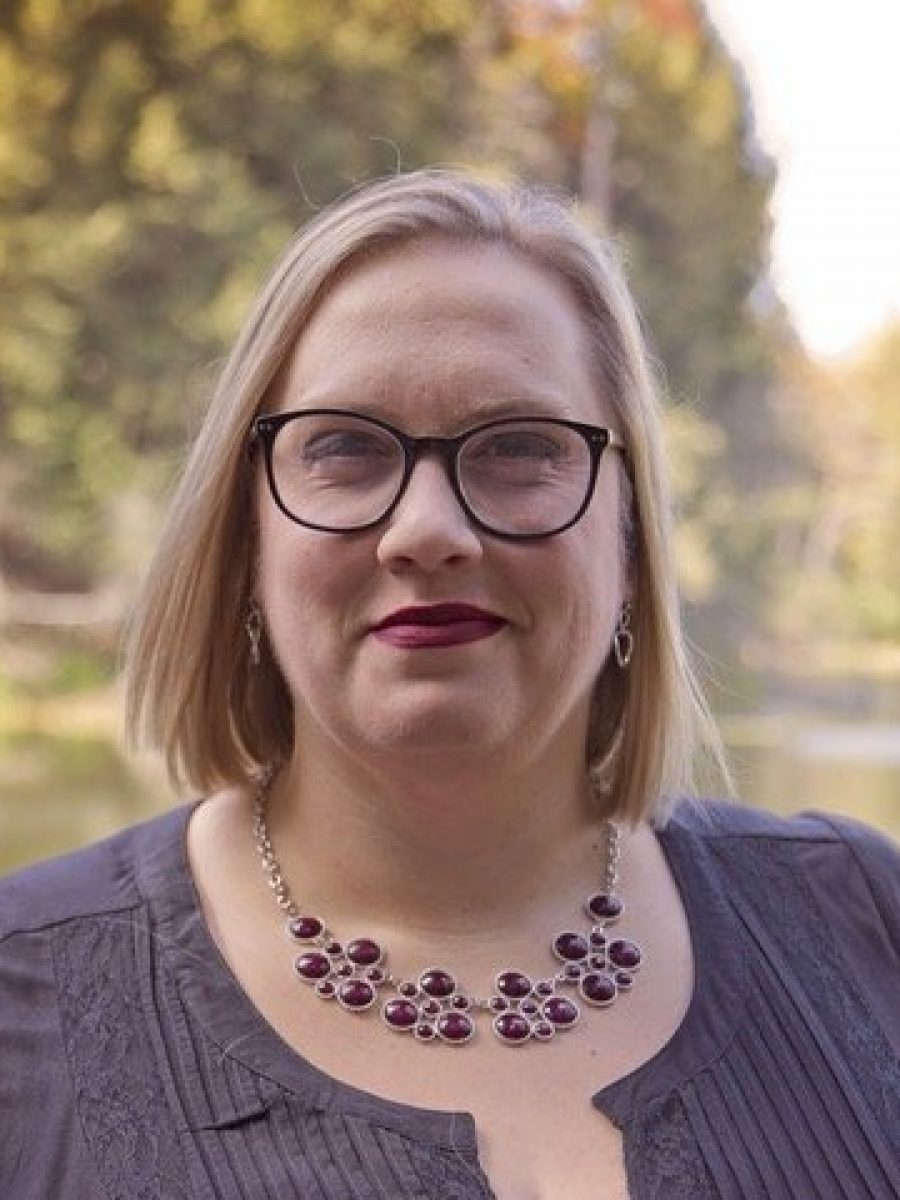
Rev. Dr. Katrina J. Olson
-
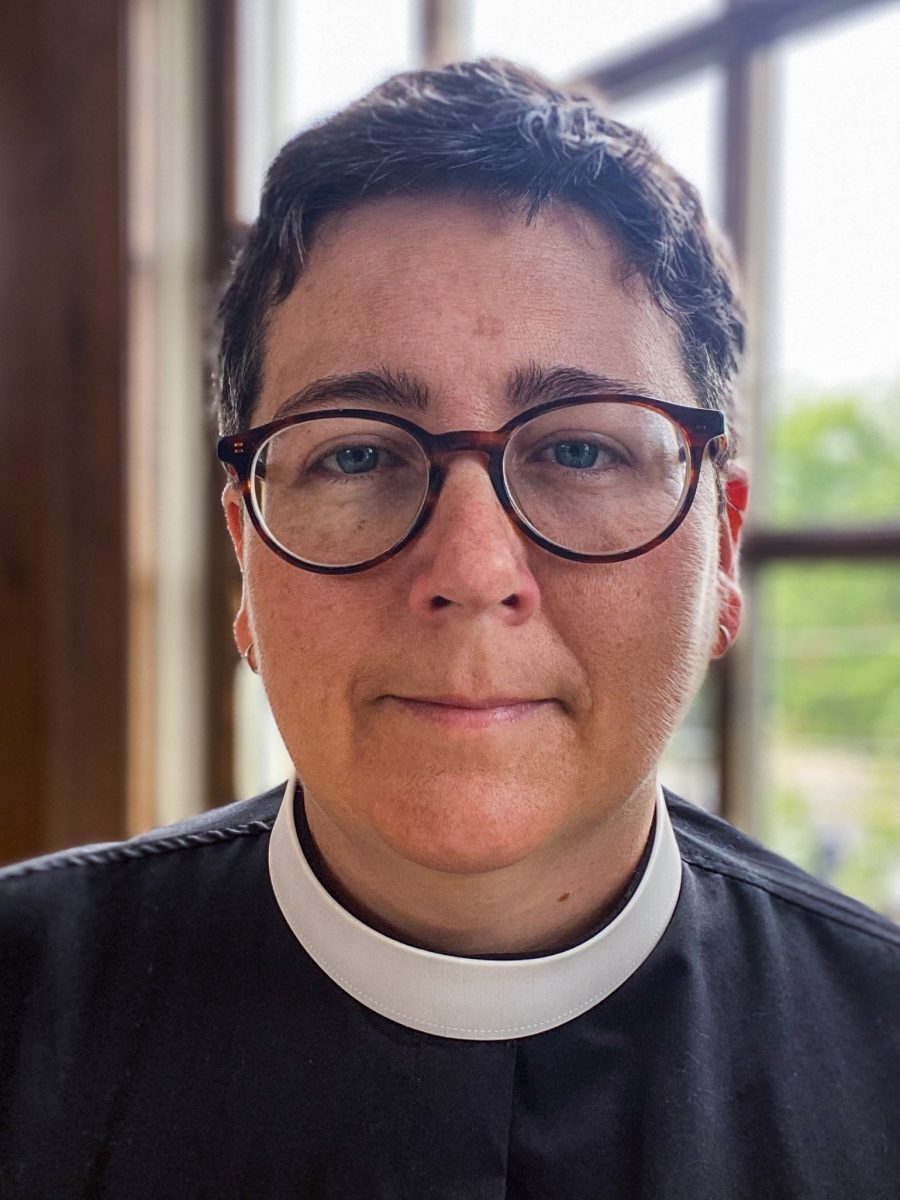
Kelley Hudlow
-
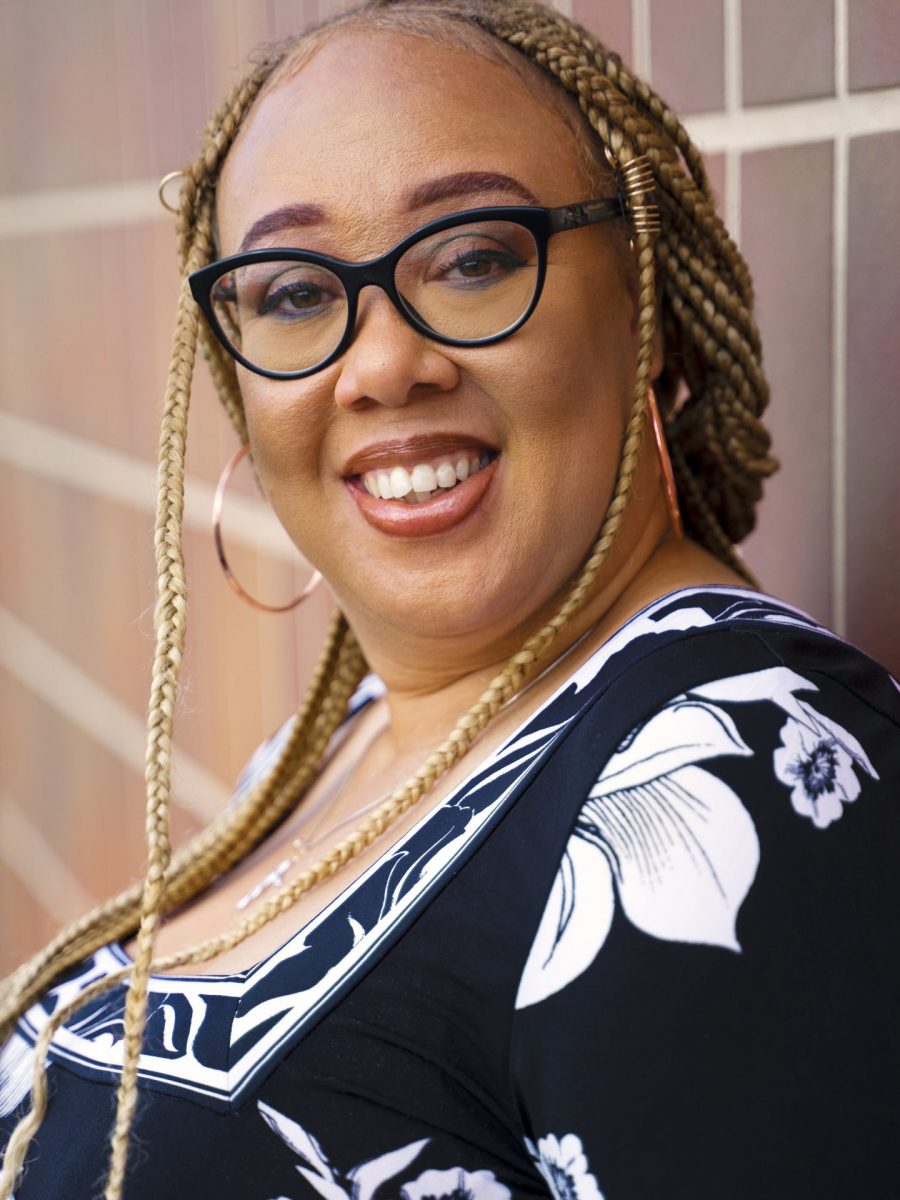
Rev. Dr. Kelly U. Farrow
-
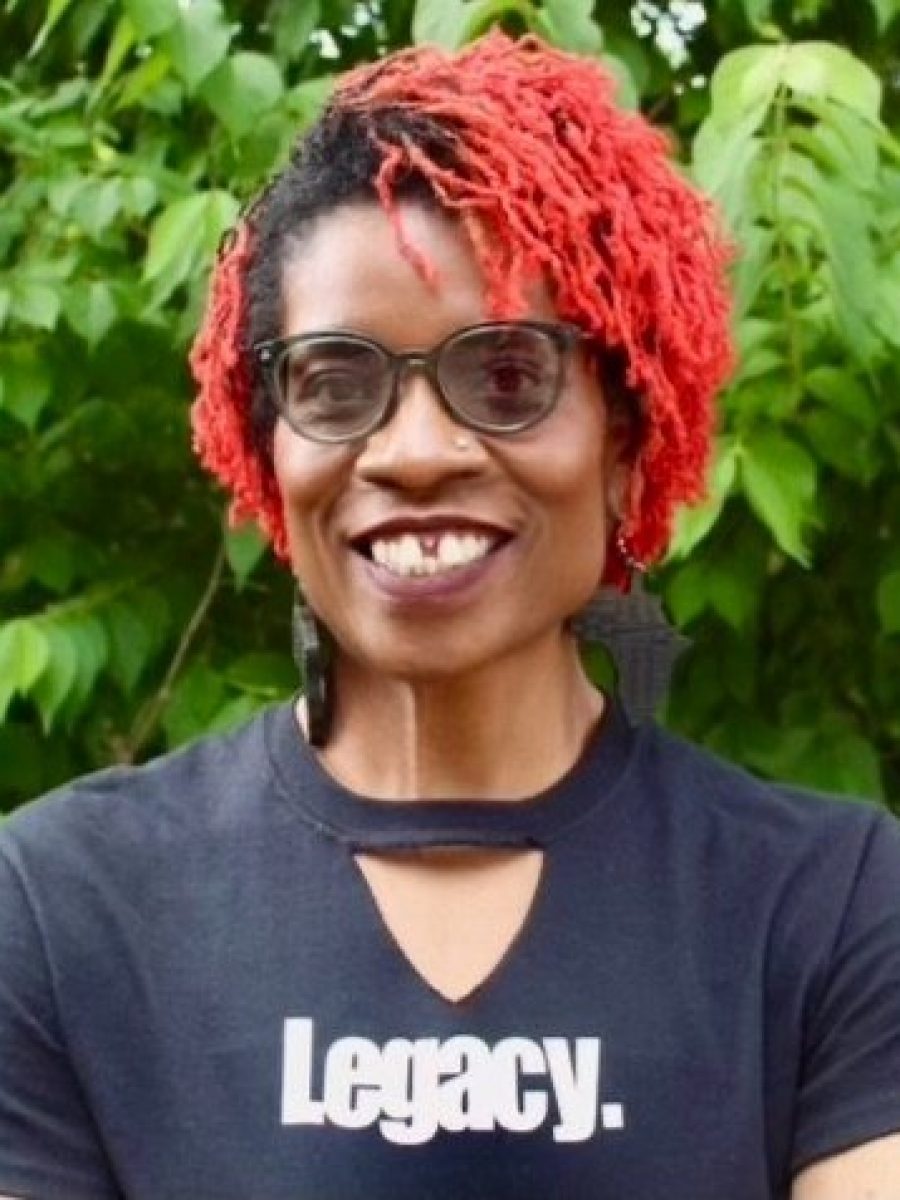
Kizzy Busch-Boyd
-
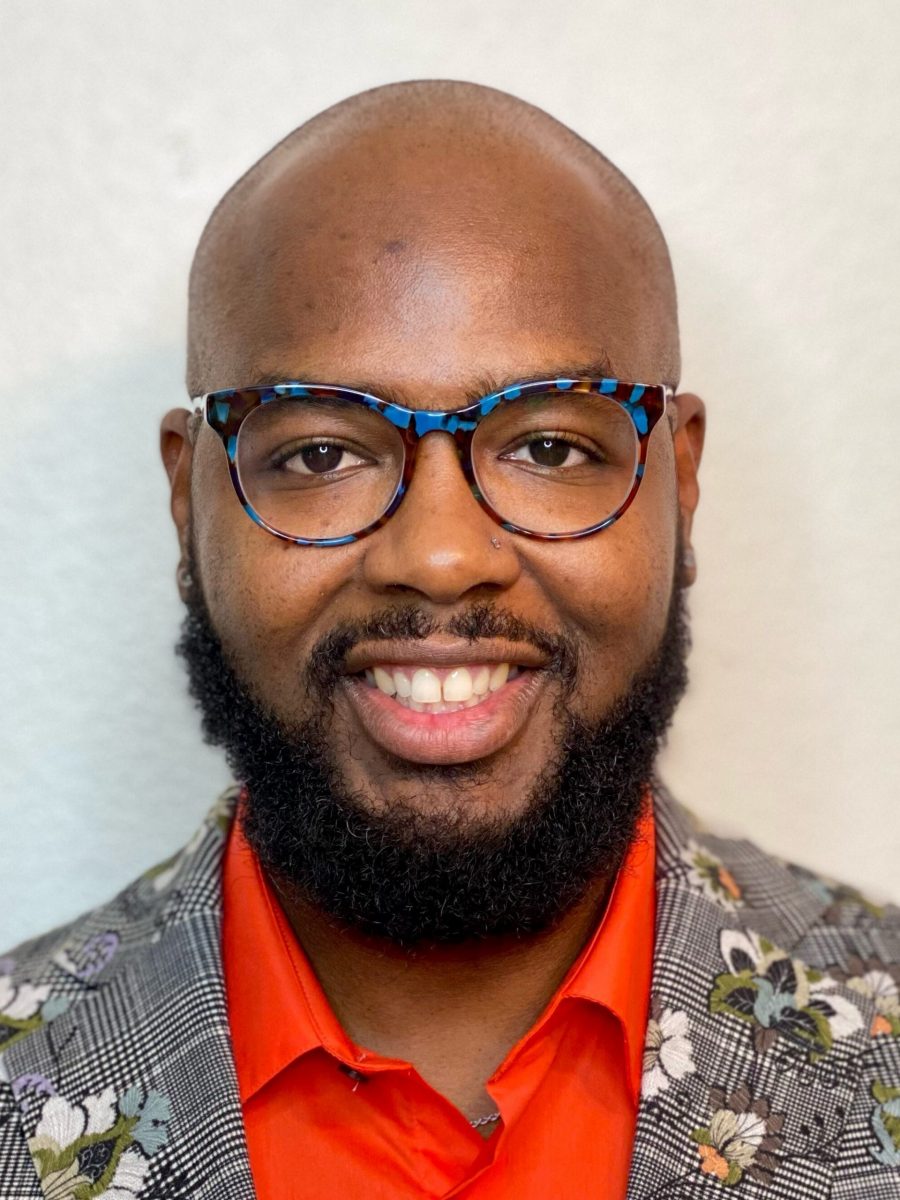
Larry J. Morris III
-
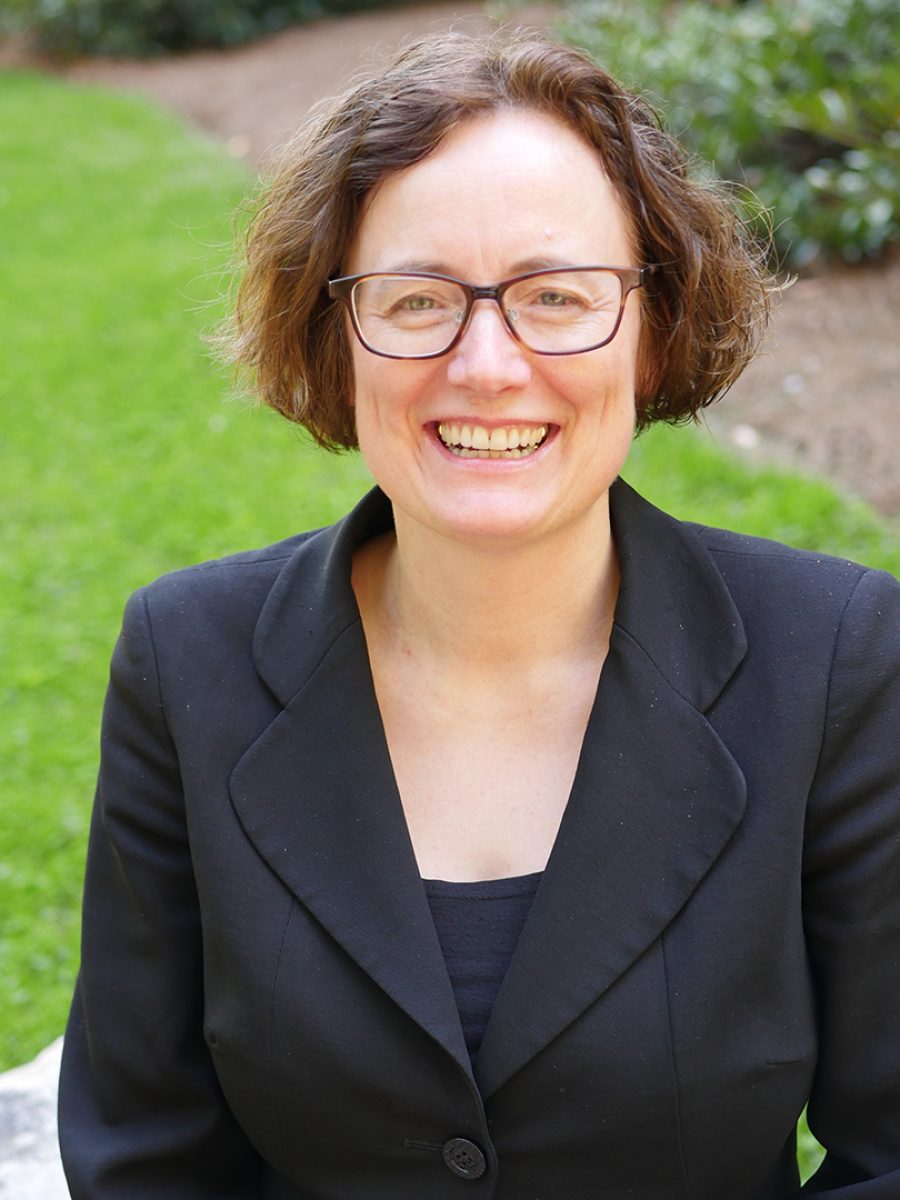
Maria Harms M.Div. and MA in Homiletics
-
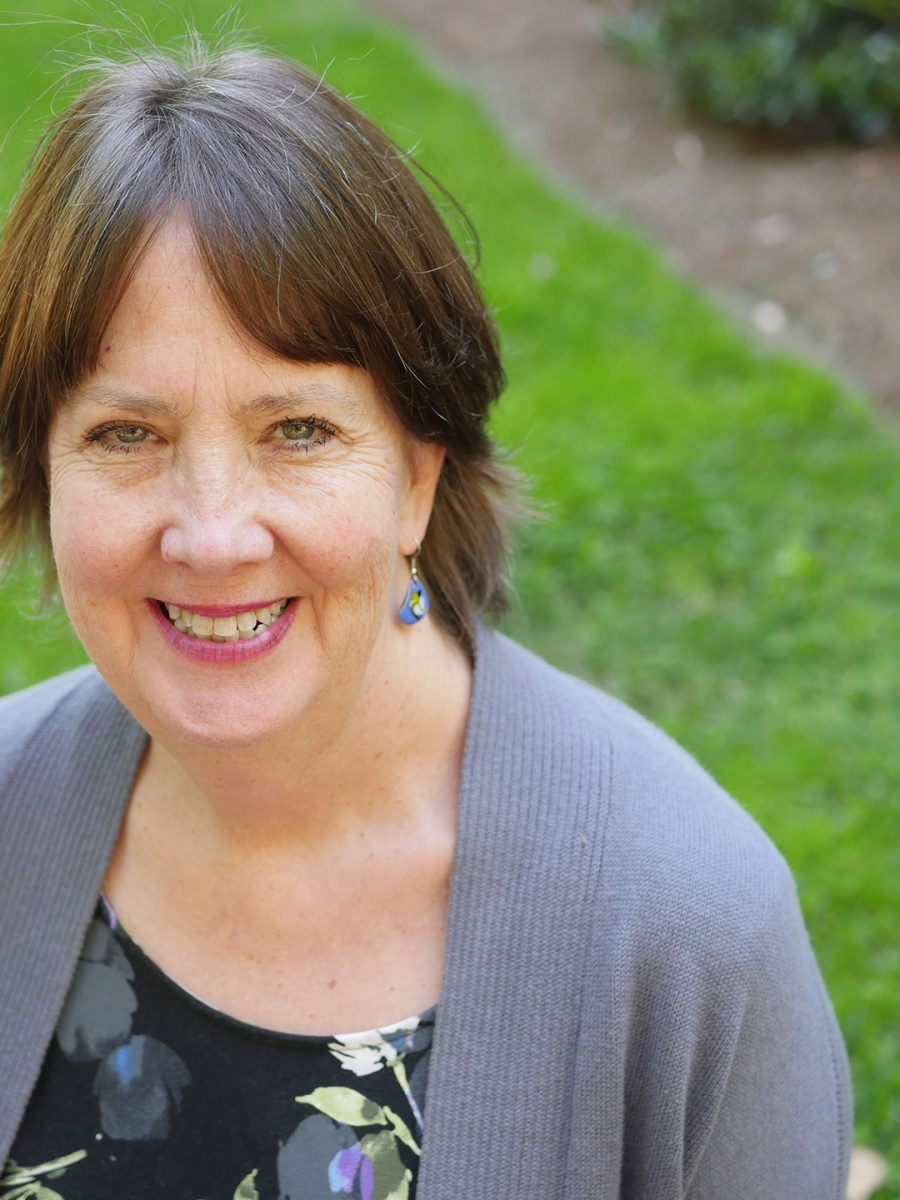
Reverend Meg Hess, D.Min.
-

Melanie Bockmann
-

Reverend Monica Hall
-

Pia Nordin Christensen
-
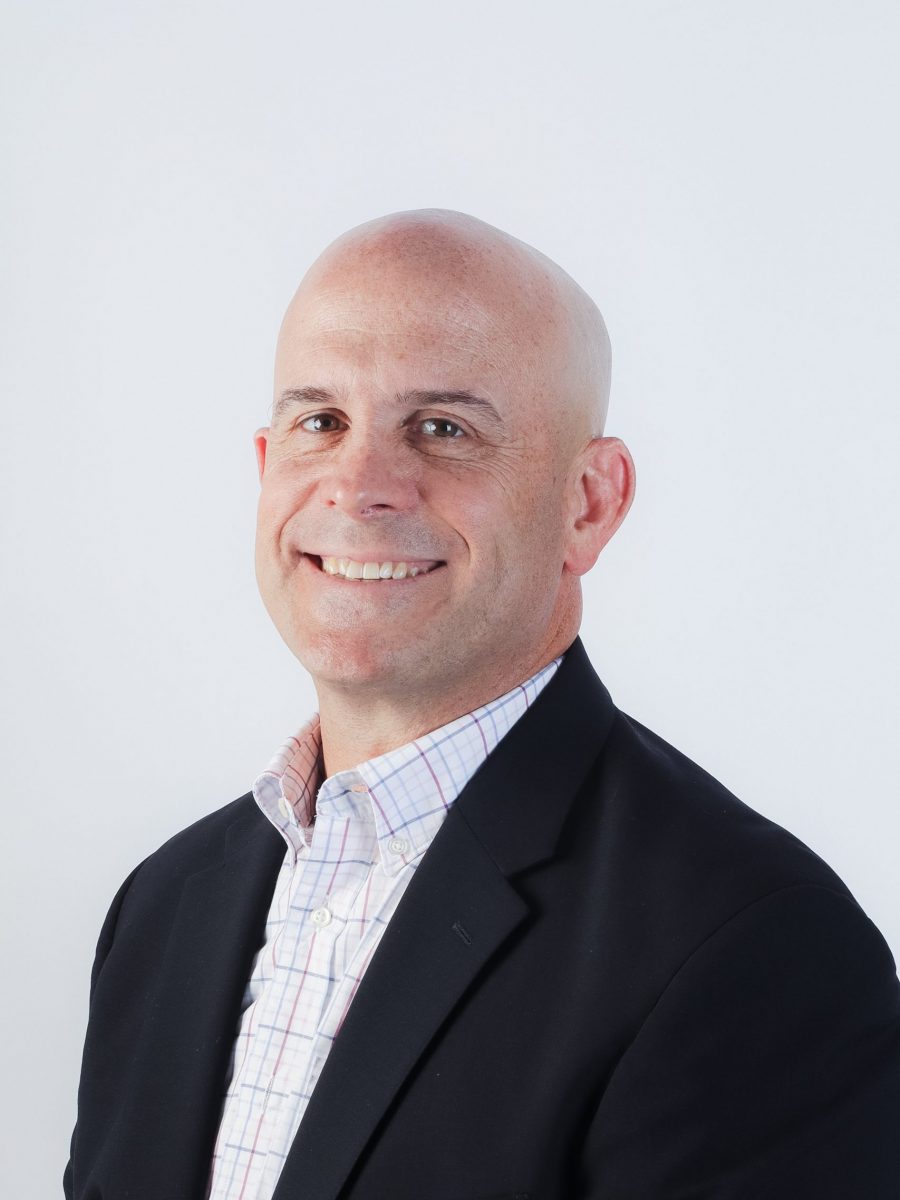
Ryan Jensen
-
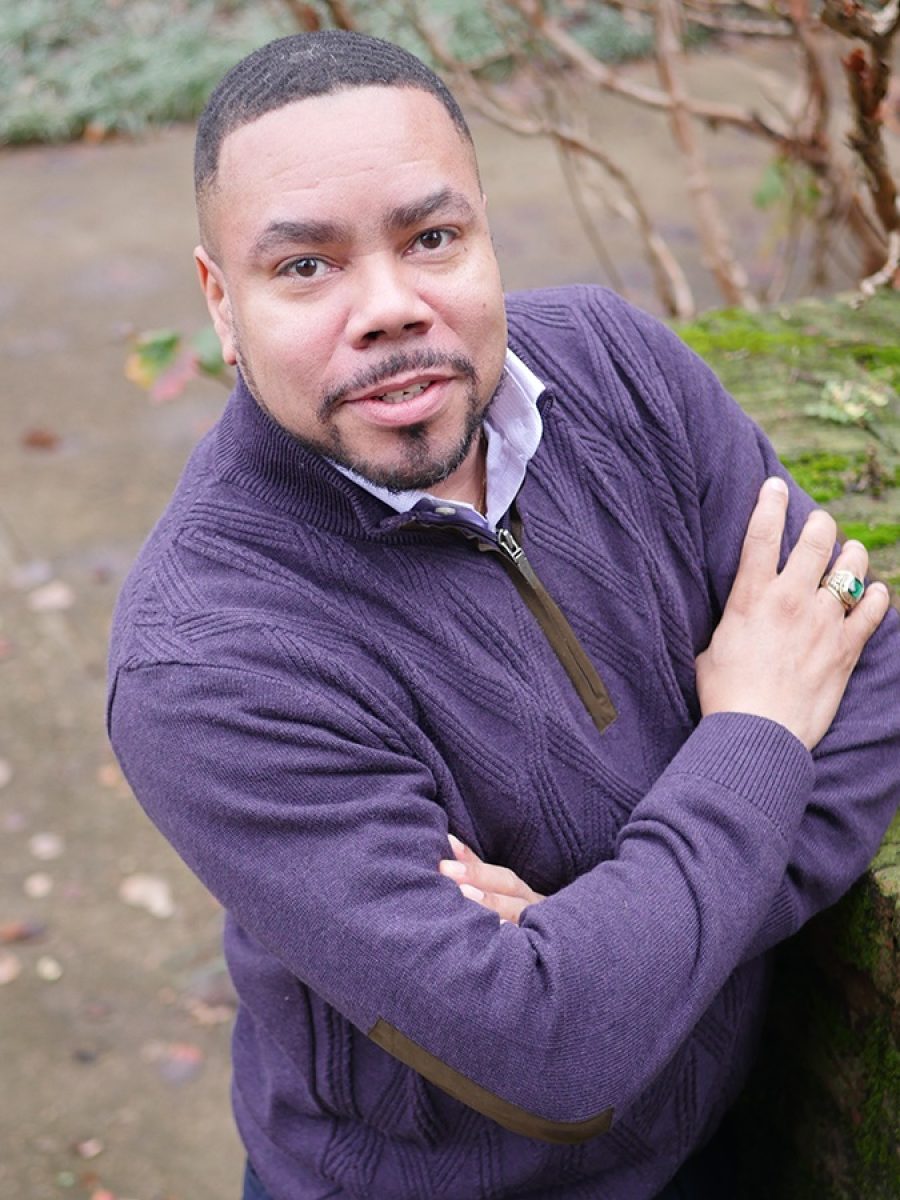
Dr. William DeShone Rosser
-
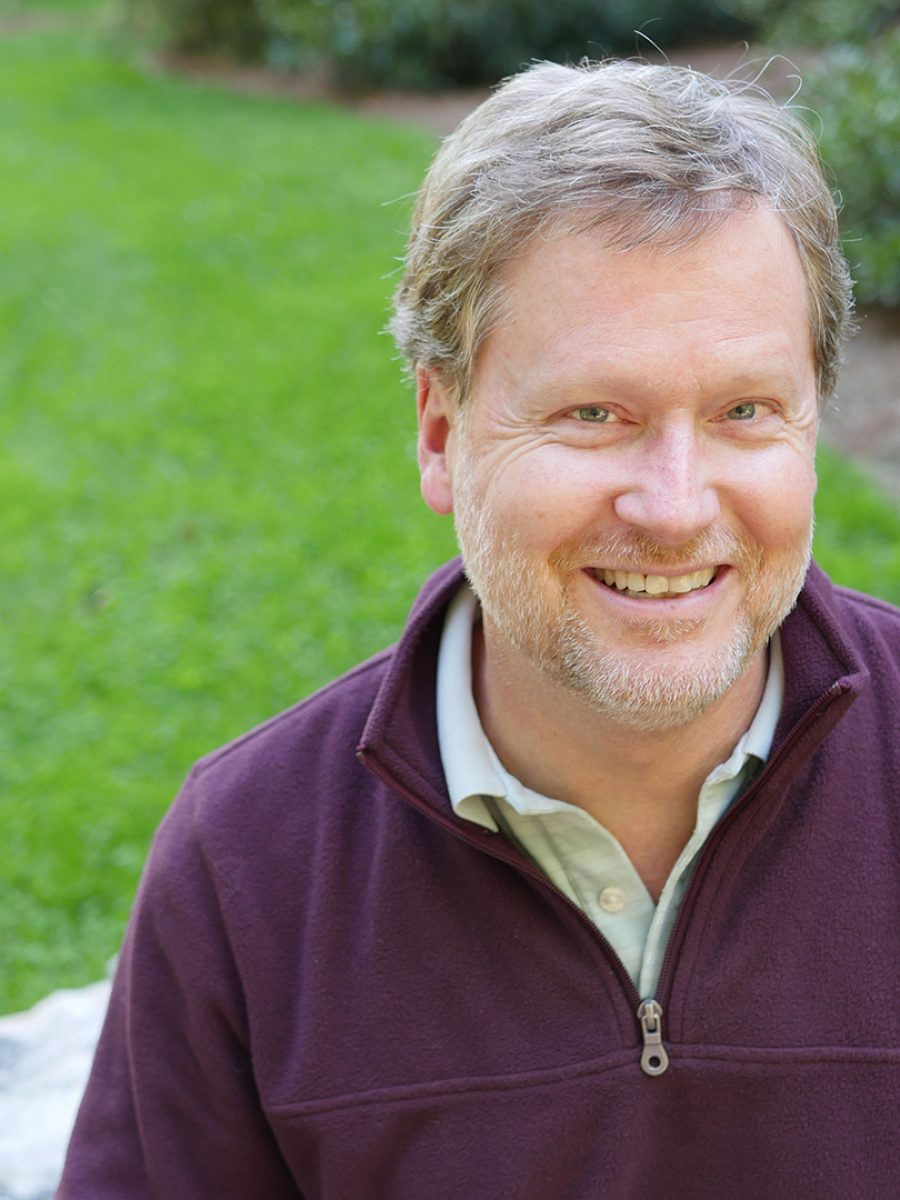
Scott Hall M.Div., S.T.M.
-
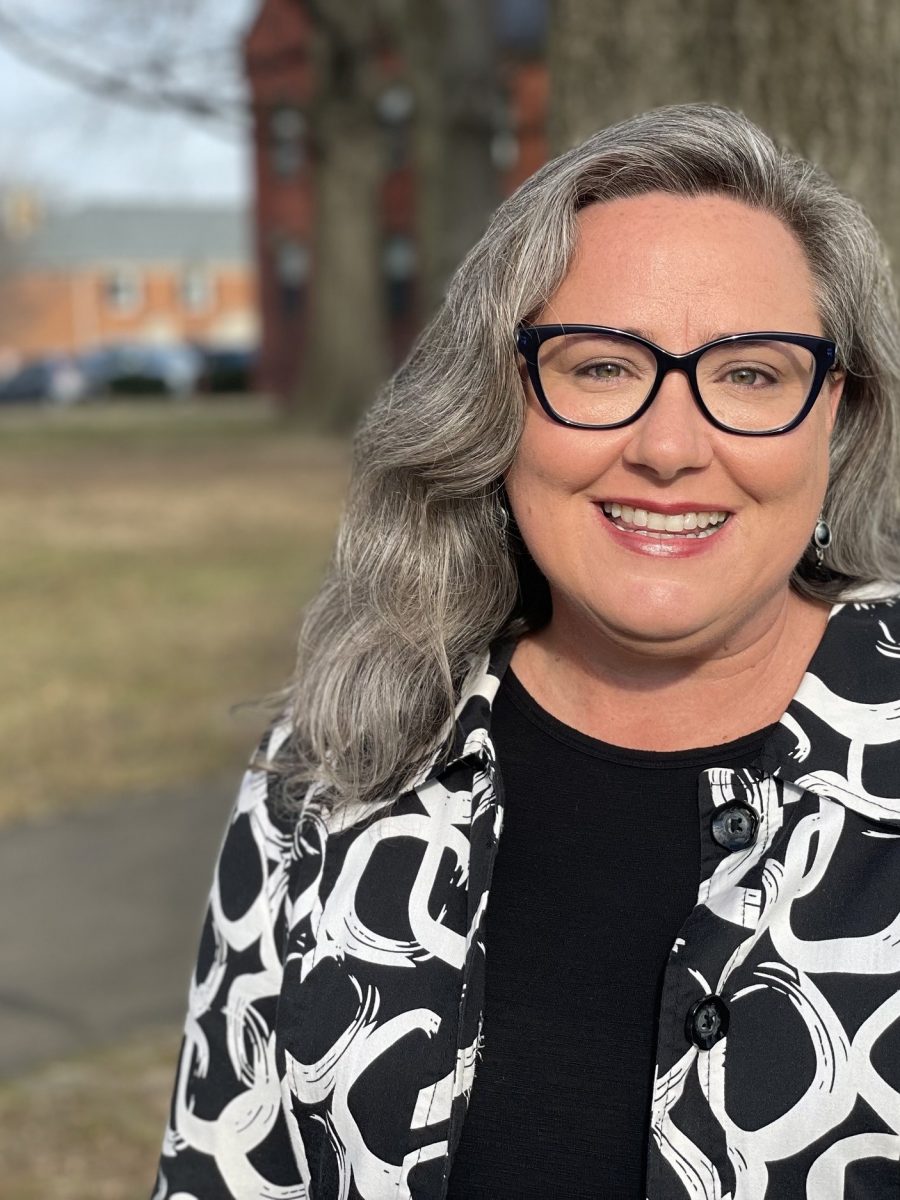
Reverend Mandy England Cole
Program Philosophy
Our program works “from the inside out” and “from the ground up.” Our goal is to train coaches who will work with peer-groups and individuals to develop and sustain the best possible preaching in actual situations of ministry.
Our coaches learn best practices for collaborative and learner-centered coaching from the disciplines of
1) clinical training (e.g. counseling supervision, clinical pastoral education),
2) education coaching, and
3) leadership coaching.
In order to effectively train our coaches, the teaching-learning model we use encourages a form of collaborative coaching designed to forego “advice-giving” and “fixing” sermons and preachers according to a particular standard or model. Instead, coaches learn coaching models that are more inductive in nature, beginning with preachers’ particular concerns or problems and moving toward change through the development of excellent questions, and through listening to the ways that peers experience their case studies and sermons. Our coaches in training experience “parallel-learning” serving alternately as both coaches and peer group members.
As coaches-in-training reflect critically with faculty instructors they develop new interactive skill sets for guiding peers and peer groups in the mutual exploration of their preaching and vocational formation. Our coaches learn to use three primary coaching models. The first model is centered on the formation of the preacher and is focused on narrative materials contextualized by brief case studies. The second model is centered on the sermon and focuses on entire sermons in context. The third model is focused on individual supervision and involves setting and monitoring ongoing goals for development as a preacher.
In preparation for peer parallel-learning seminars, participants read and study preaching and coaching resources. Core reading focus on the changing milieu for preaching today and address new and challenging issues for theology, ethics and communication. With these issues in mind, preaching faculty offer workshops covering:practical theology of preaching, preaching methods and methodology (including exegesis, hermeneutics, theology, and homiletical theory),homiletical ethics and professional ethics, and clinical preaching coaching skills.

